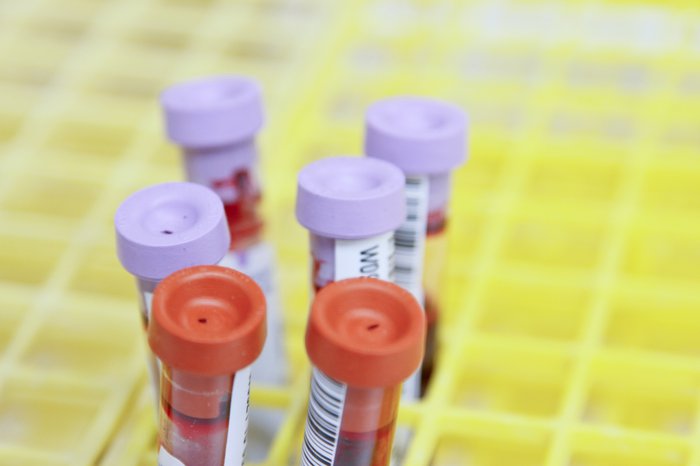Could a blood cancer drug be used to help people with COVID-19?
United Kingdom
Calquence, also known as acalabrutinib, is being trialled in patients with COVID-19 who are critically ill, in the hope that it may reduce damage to their lungs.

Efforts are underway to find a way to treat people with COVID-19 who develop severe and life-threatening lung problems as a result of the infection. In the last few days, it’s been suggested that a drug used to treat some types of blood cancer may help in the fight against coronavirus. Calquence, also known as acalabrutinib, is being trialled in patients with COVID-19 who are critically ill, in the hope that it may reduce damage to their lungs.
Calquence is currently being considered by licensing authorities in the UK to treat people with chronic lymphocytic leukaemia (CLL) and has already been approved to treat CLL in the US. It is a drug which controls how certain immune cells function.
People with severe COVID-19 develop high levels of inflammation in the lungs which can cause severe damage and result in the lungs not working properly. When something foreign enters the body, the immune system reacts to try and get rid of it which will result in something called inflammation. For example, if you cut your finger, you’ll often see a red ‘ring’ around the cut, which is an example of this inflammation. However, in people with severe COVID-19 this response is excessive, causing such high levels of inflammation that it can end up doing more harm than good.
Calquence might be able to solve this problem. It’s a drug which belongs to a group called ‘Bruton’s tyrosine kinase inhibitors.’ These drugs block a protein in immune cells which, in this case, is thought to stop them from causing excessive inflammation in the lungs. In turn, it’s hoped that this will reduce damage to the lungs.
Testing Calquence's impact
So far, the drug has been given to a small number of patients with COVID-19 on intensive care in the US. The drug has shown promise for people with severe lung disease due to the virus and will now be trialled in a larger number of patients in the US. This is required to understand whether early positive results are confirmed in a larger number of people, to understand about the appropriate dose of this drug to give patients and to understand more about any possible side effects.
In a rapid bid to find a drug which works to help people with severe COVID-19, the British pharmaceutical company AstraZeneca managed to draft the details required to set up in a clinical trial in just 72 hours. In normal times, clinical trials can take years to set-up, but at the moment regulatory authorities around the world are devoting all their efforts to accelerating COVID-19 research.
Imbruvica - another blood cancer drug that might make a difference
Another drug called Imbruvica, better known as ibrutinib to the blood cancer community, works in a similar way to Calquence. It’s thought that this may also reduce inflammation in the lungs of people with severe COVID-19. Initial studies in mice with COVID-19 has shown that this drug reduces lung damage and the drug is therefore also due to be trialled in people with severe coronavirus. In the UK, ibrutinib is currently used to treat mantle cell lymphoma, CLL and Waldenström’s macroglobulinaemia.
This research is still in the early stages and we need to know much more about how this drug might work for people with severe COVID-19, including whether the drug causes any other harmful side effects. For now, the drug Calquence is showing promise, and is hoped to minimise damage done to the lungs as a result of the virus and hopefully reduce deaths from this horrible infection. Potentially another great example of how blood cancer research can end up helping people with other diseases.
